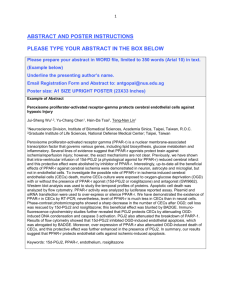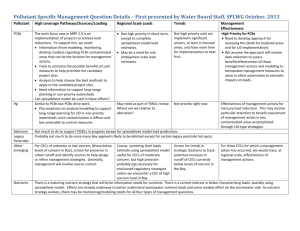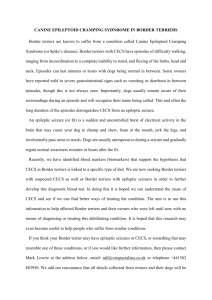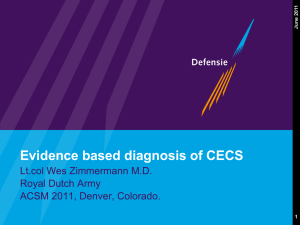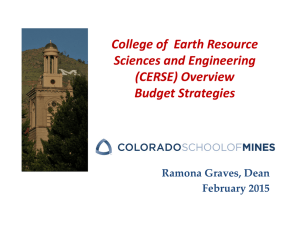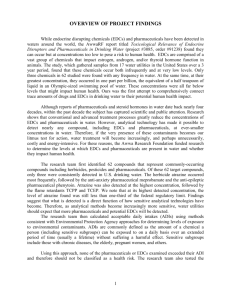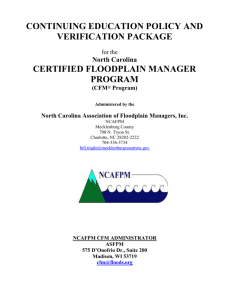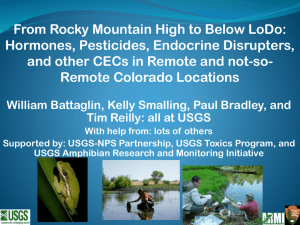Seminar Department of Chemistry & Biochemistry 11 am, March 20
advertisement
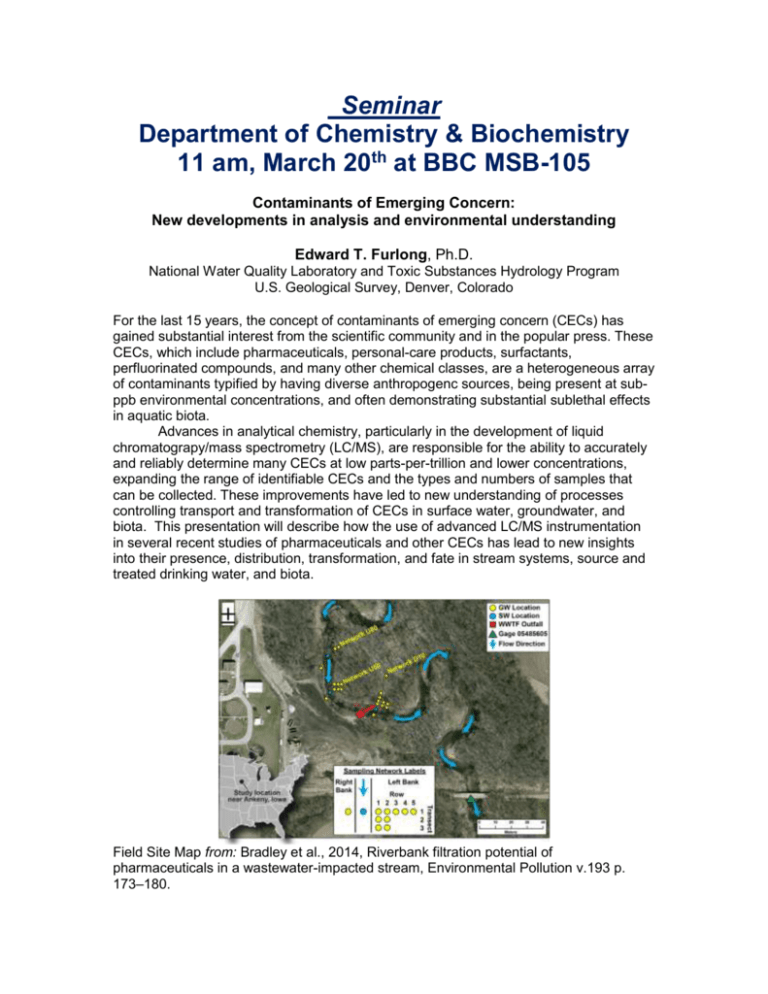
Seminar Department of Chemistry & Biochemistry 11 am, March 20th at BBC MSB-105 Contaminants of Emerging Concern: New developments in analysis and environmental understanding Edward T. Furlong, Ph.D. National Water Quality Laboratory and Toxic Substances Hydrology Program U.S. Geological Survey, Denver, Colorado For the last 15 years, the concept of contaminants of emerging concern (CECs) has gained substantial interest from the scientific community and in the popular press. These CECs, which include pharmaceuticals, personal-care products, surfactants, perfluorinated compounds, and many other chemical classes, are a heterogeneous array of contaminants typified by having diverse anthropogenc sources, being present at subppb environmental concentrations, and often demonstrating substantial sublethal effects in aquatic biota. Advances in analytical chemistry, particularly in the development of liquid chromatograpy/mass spectrometry (LC/MS), are responsible for the ability to accurately and reliably determine many CECs at low parts-per-trillion and lower concentrations, expanding the range of identifiable CECs and the types and numbers of samples that can be collected. These improvements have led to new understanding of processes controlling transport and transformation of CECs in surface water, groundwater, and biota. This presentation will describe how the use of advanced LC/MS instrumentation in several recent studies of pharmaceuticals and other CECs has lead to new insights into their presence, distribution, transformation, and fate in stream systems, source and treated drinking water, and biota. Field Site Map from: Bradley et al., 2014, Riverbank filtration potential of pharmaceuticals in a wastewater-impacted stream, Environmental Pollution v.193 p. 173–180.
